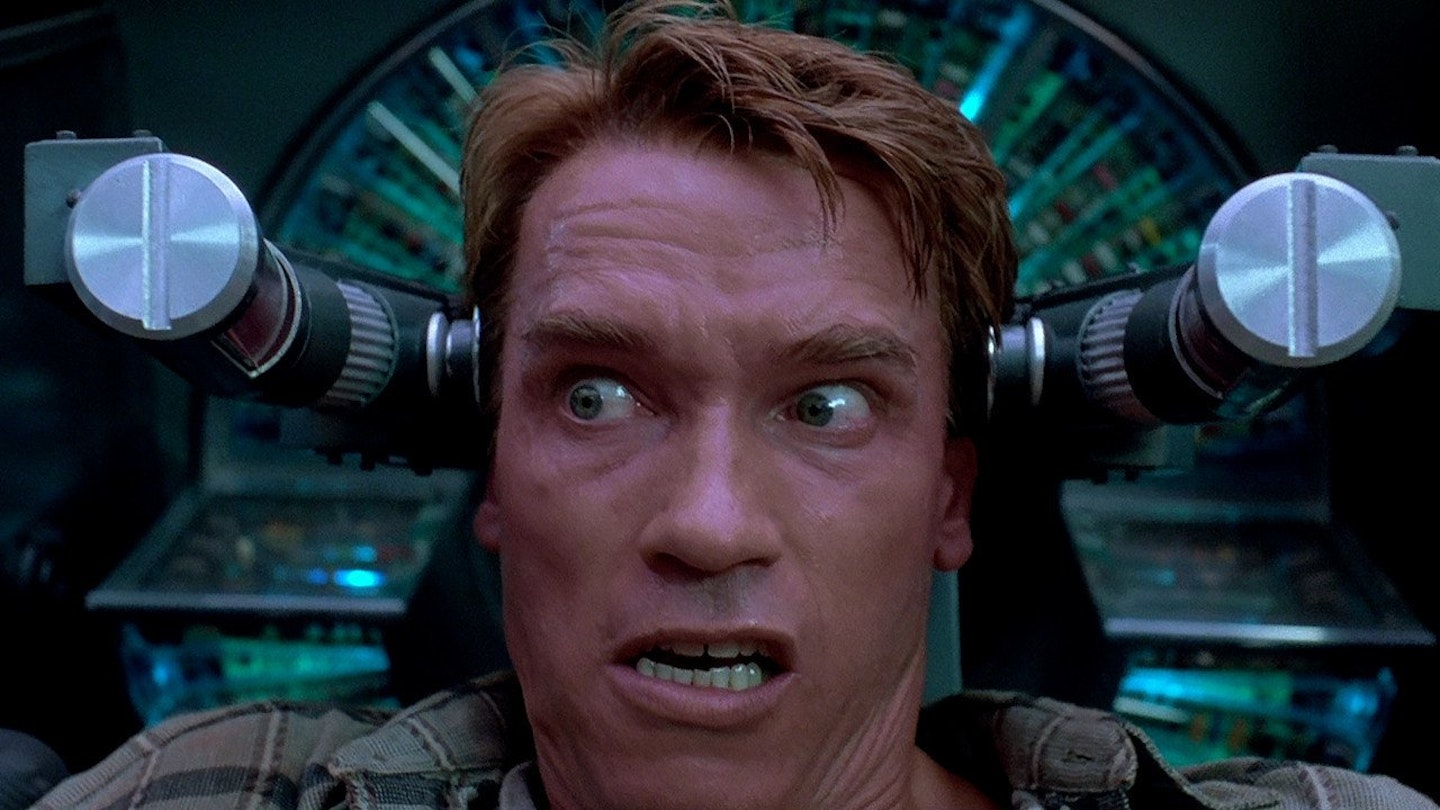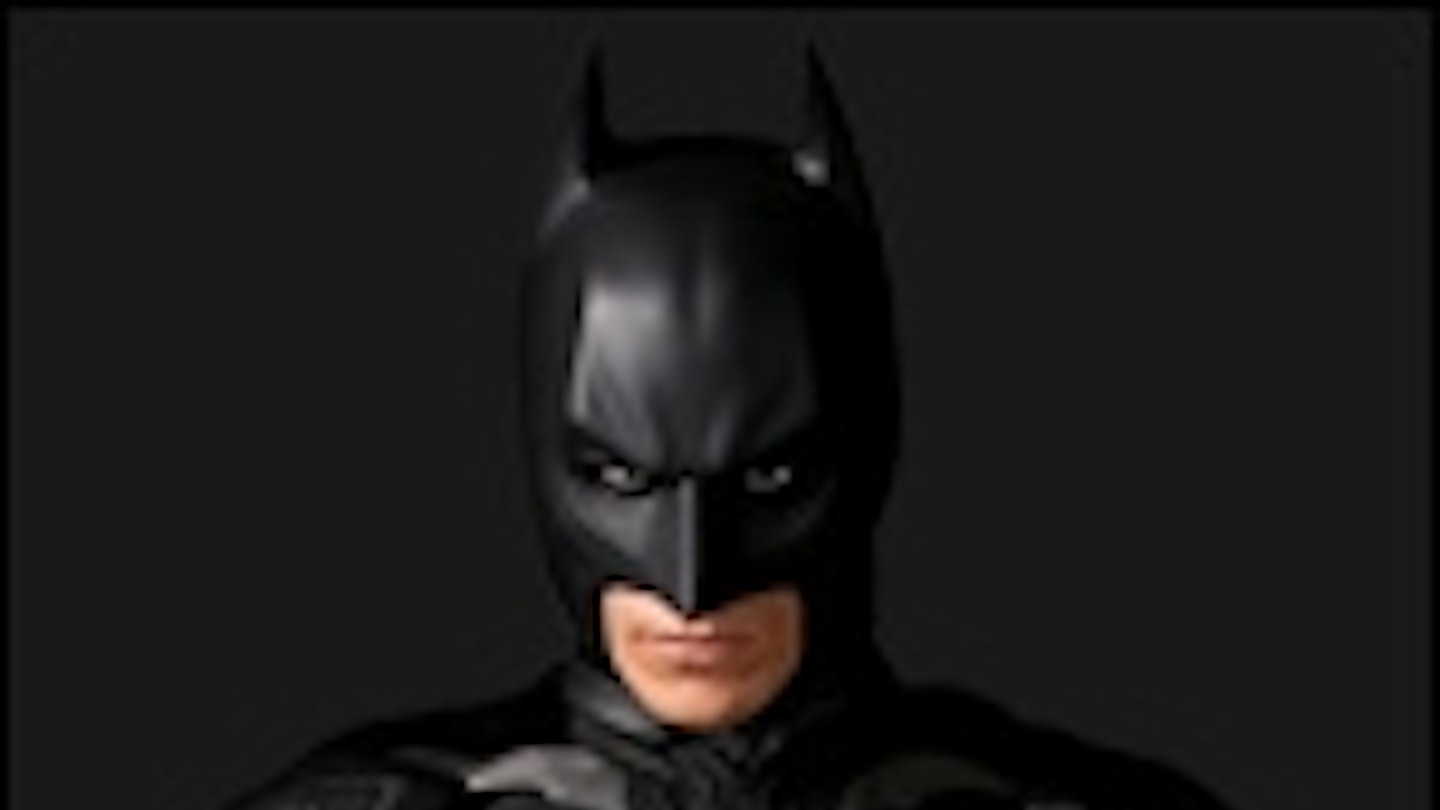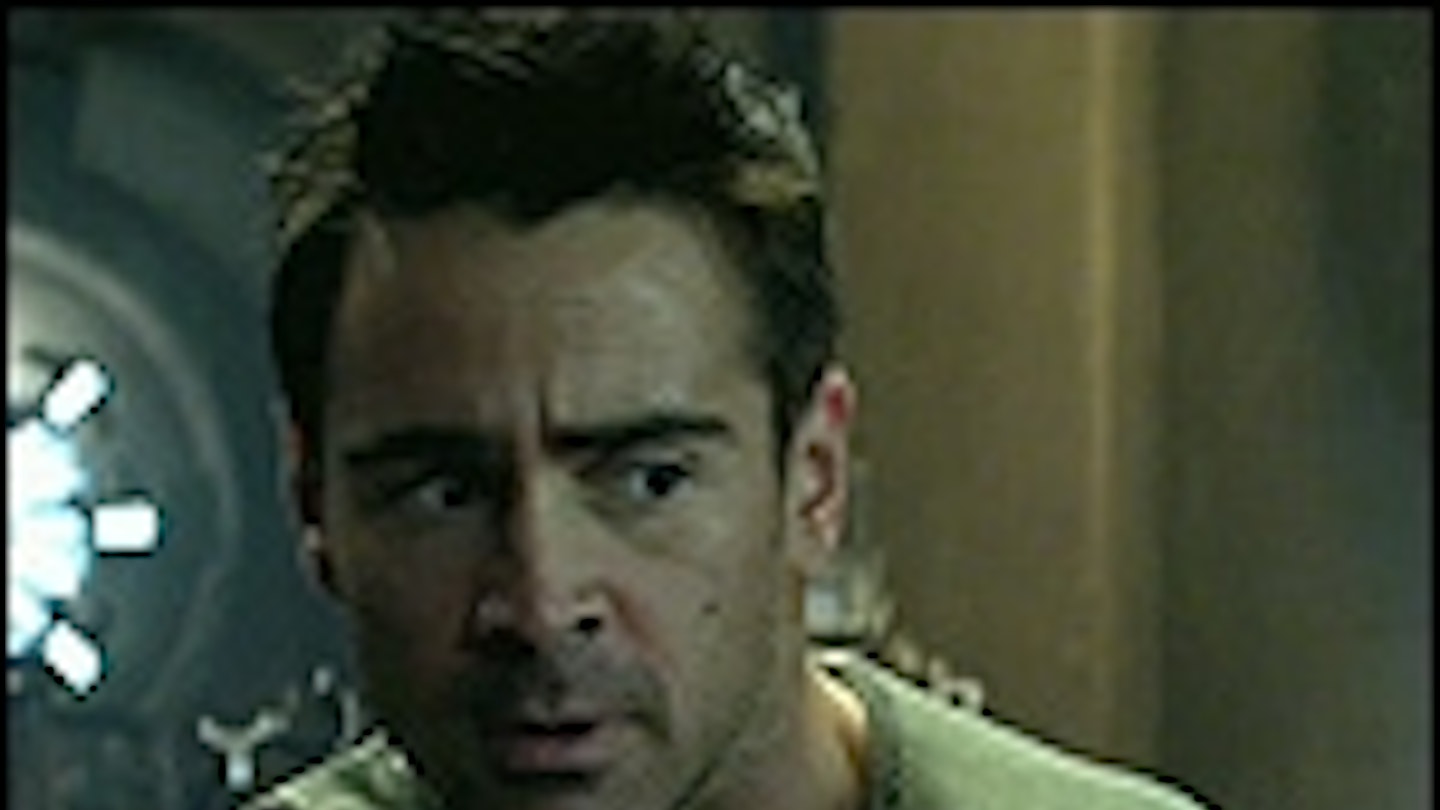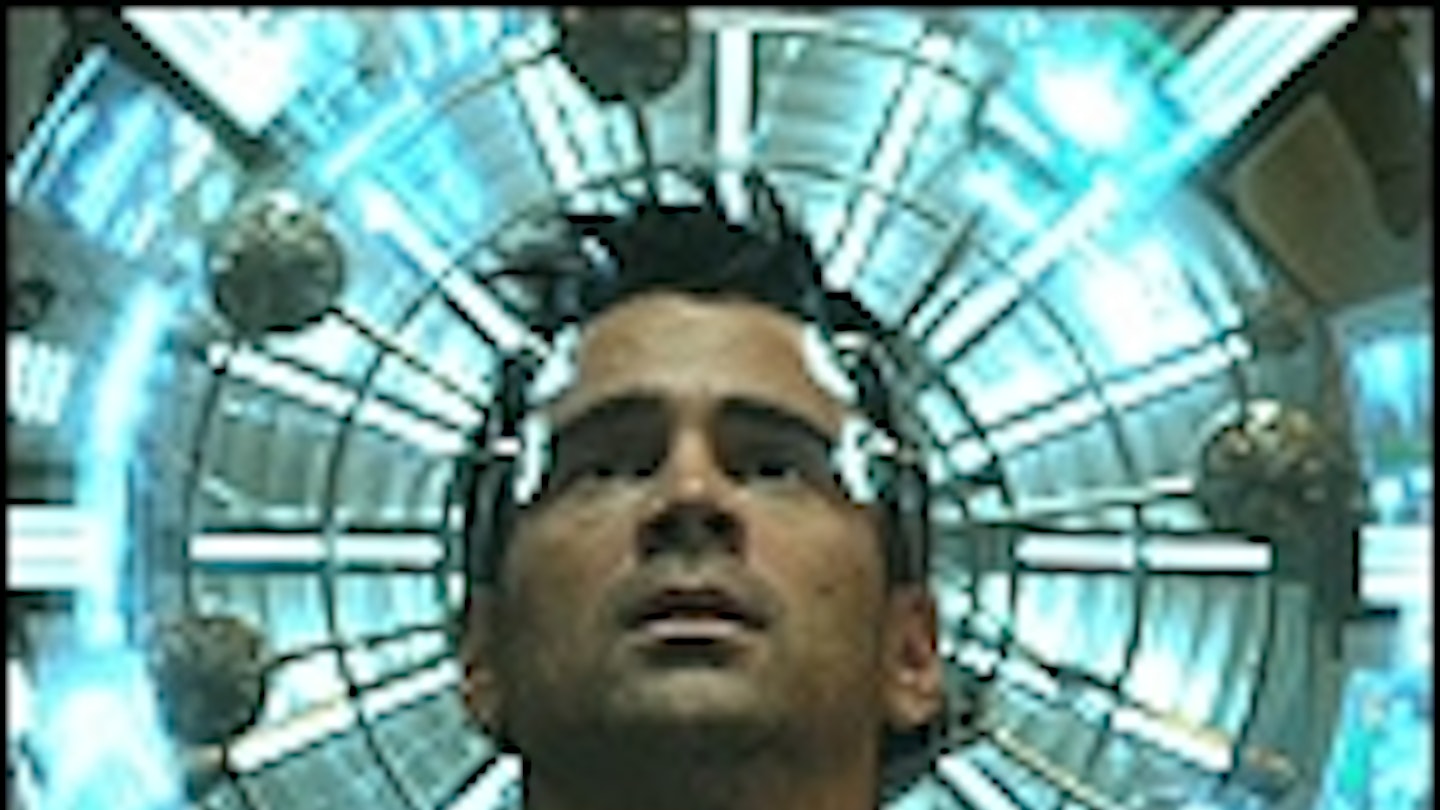Philip K. Dick's short story on which Total Recall is ultimately based, the marvellously titled We Can Remember It For You Wholesale, played with the notion that our fantasies might be rooted in reality. A little more reality might have helped here, with Dick’s work once again mined for a bare concept that is bolted onto a lot of frenetic action. This is an unsubtle shoot-’em-up that loses the satire of both Dick and previous adaptor Paul Verhoeven, set in a world that makes no sense and anchored by a warring couple who only just keep things watchable.
Colin Farrell is Doug Quaid, which on the bright side instantly upgrades the acting from the Arnie-starring original. Farrell has good moments when he’s allowed to stop pelting about in a panic: the flicker of his eyes from terrified to deadly as his murderous training first kicks in is impressive, and his natural sympathy for guilty, haunted characters fits this lost Quaid well. Kate Beckinsale, as his wife, follows Sharon Stone’s example and goes for her suddenly enhanced husband’s jugular, but then sticks around as a major threat, swishing her hair like a psychotic Timotei advert. But around those two the rest of the characters fail to elevate the story: Jessica Biel is thoroughly eclipsed by Beckinsale; Bill Nighy barely registers and Bryan Cranston’s Cohaagen isn’t enough of a presence to seem a threat.
But the warring pair are stuck in a script that lifts all the beats from Verhoeven’s film with none of the witty double-dealing (aside from a single moment late on, there’s no suggestion that this is all a dream) or its self-lampooning absurdity. The world here may look cool, but it feels rickety and imaginary even before Farrell starts ripping it apart with his bare hands. And if we can’t buy the reality of Quaid’s world, how can we take his distress seriously when it comes crashing down around his ears?






